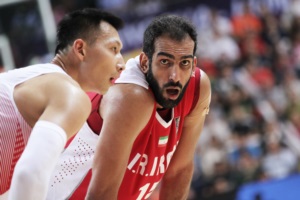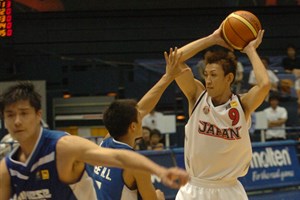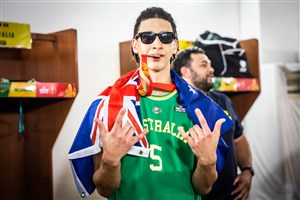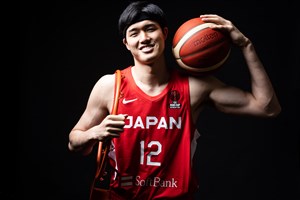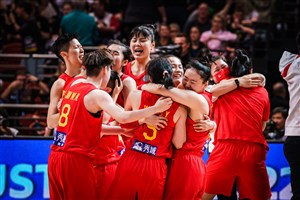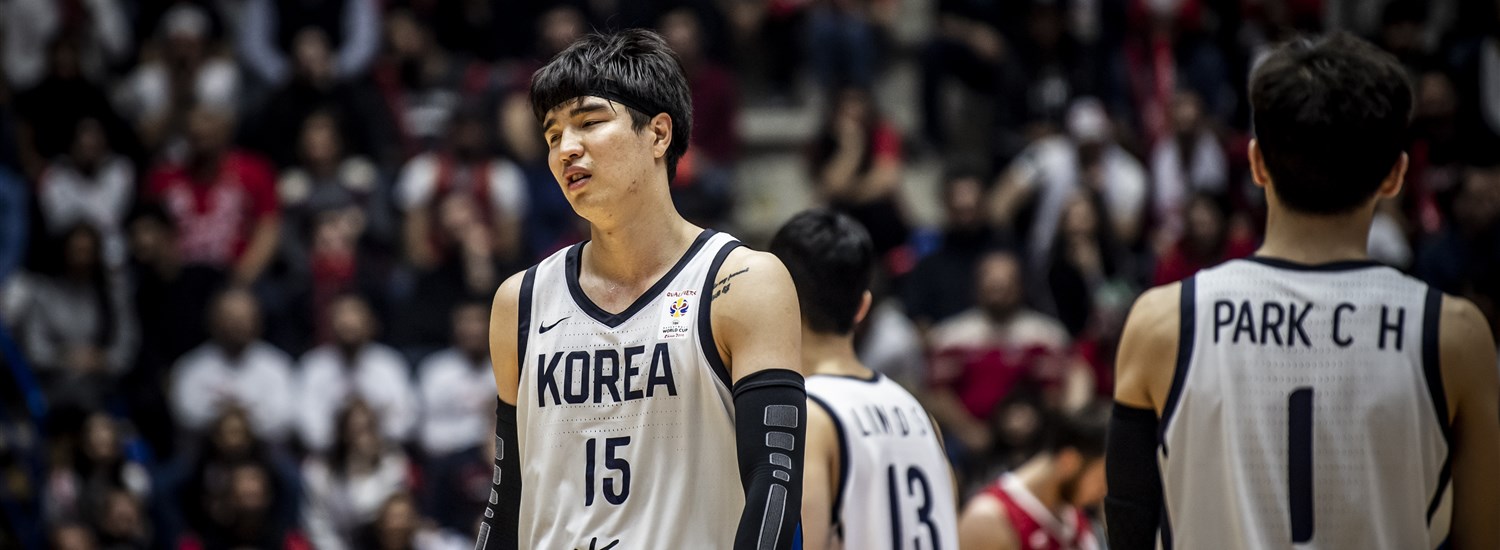
Don't forget to keep your eyes on these Asia Cup stars at the FIBA Basketball World Cup 2019!
BEIRUT (Lebanon) - The teams participating in the FIBA Basketball World Cup 2019 will be fielding some of their players to go up against each other, in search for glory as the best team in the world. Asian nations are no exception as all 7 teams from the region will be parading their brightest stars.
Here are some significant talents who will not only be playing at the World Cup but have also starred at the Asia Cup in the past!
Yi Jianlian (China)
As hosts of the World Cup, China are pulling out all the big guns for this competition. That’s why Yi Jianlian is highlighted as the host nation’s premier player for this competition.
Yi had already played in two Olympic Games (2004, 2008) and one World Cup (2006) by the time of his Asia Cup debut in 2009, which is why he had no trouble dominating that year with 18.3 points, 10.4 rebounds, and 2.7 assists per game.
He has since played in a total of 4 Asia Cups with 3 trips of the championship game for 2 titles. Over these 4 appearances, Yi has averaged 17.1 points, 9.3 rebounds, and 1.4 blocks in 41 games.
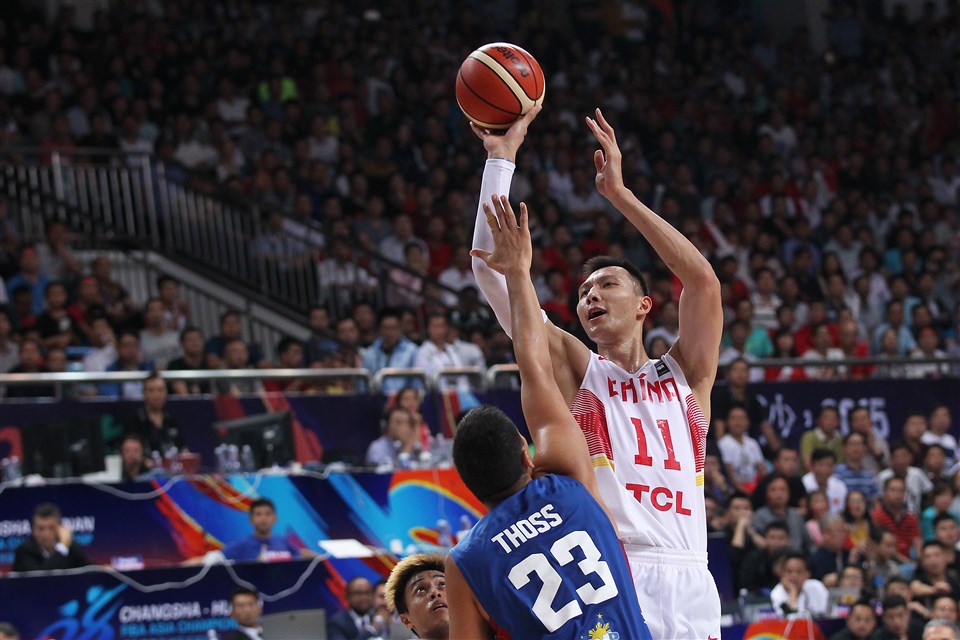
Mitch Creek (Australia)
Australia are one of most actively present nations in the World Cup with 12 appearances in total. Each time they head out to play, the Boomers bring the best they can. Among one of those players for this World Cup is Mitch Creek.
Though Creek had already starred for Australia at the U19 World Championship, it wasn’t until the Asia Cup in 2017 when he made his first appearance in a major FIBA event. He was the leading scorer (14.7 points per game) for the dominant Green-and-Gold that won all their games to win the Asia Cup title.
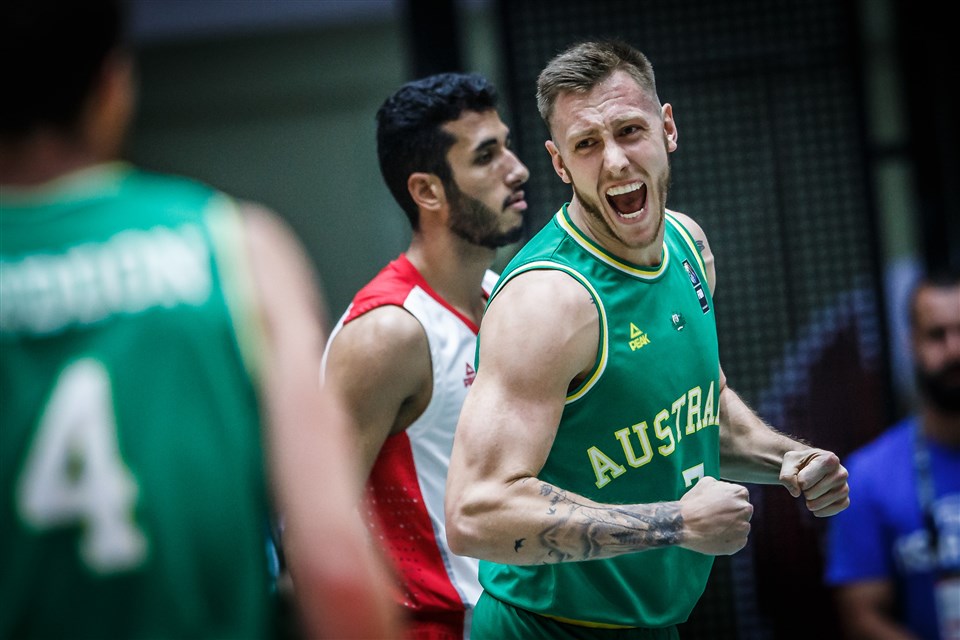
Creek played close to perfection at the Asia Cup (68.5 percent shooting from the field), leaving his fans closely anticipating how he will do in his World Cup debut.
Hamed Haddadi (Iran)
Iran are about to play in their 3rd straight World Cup and there’s no doubt that one of the biggest reasons for that is Hamed Hadaddi.
Before Haddadi and iran made it to the World Cup, they first had to go through and conquer Asia so that’s what they did. In his second Asia Cup back in 2007, Haddadi took over the paint with 13.4 points and 9.6 rebounds per game all the way to win Iran’s first Asia Cup title ever. It was victory exclaimated by Haddadi’s 31-point, 10-rebound output in the championship game against Lebanon.
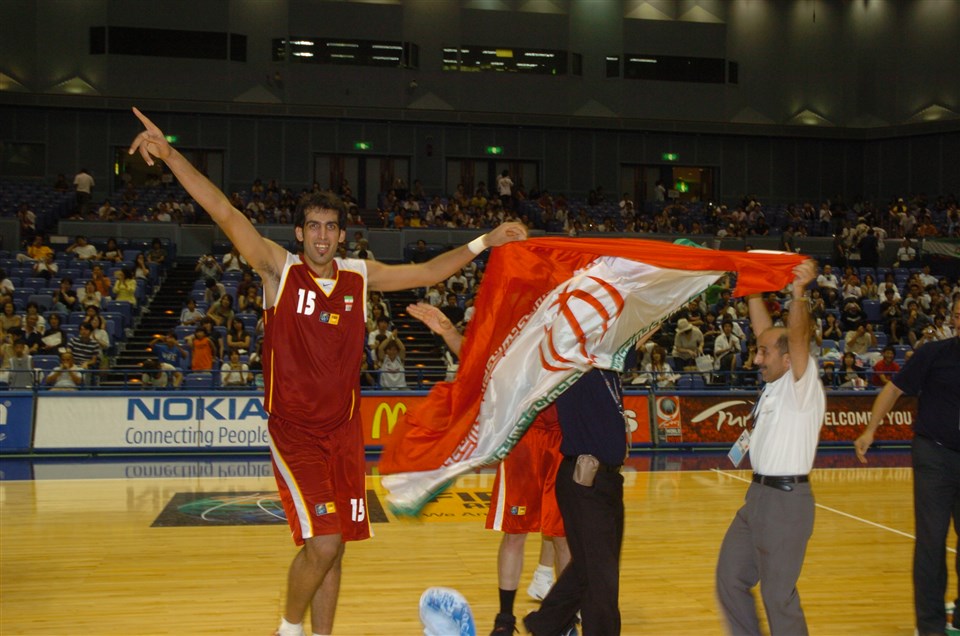
Now, after 5 Asia Cups, 4 MVP awards, and 3 Asia Cup titles, Hamed Haddadi is ready to take on the world once again.
Zaid Abbas (Jordan)
It was a historic moment in 2010 when Jordan finally made their World Cup debut. Now, after almost 10 years, Jordan and Zaid Abbas gets another shot at playing against the world’s best.
Abbas stepped up as Jordan’s star in Asia cup 2009, averaging 13.8 points and 8.8 rebounds per game in a run to claim their World Cup berth by finishing at 3rd place. He didn’t stop there and put on another show at Asia Cup 2011. The veteran forward averaged 11.0 points and 7.1 rebounds per contest all the way to coming within only 2 points of winning Jordan their first Asia Cup title.
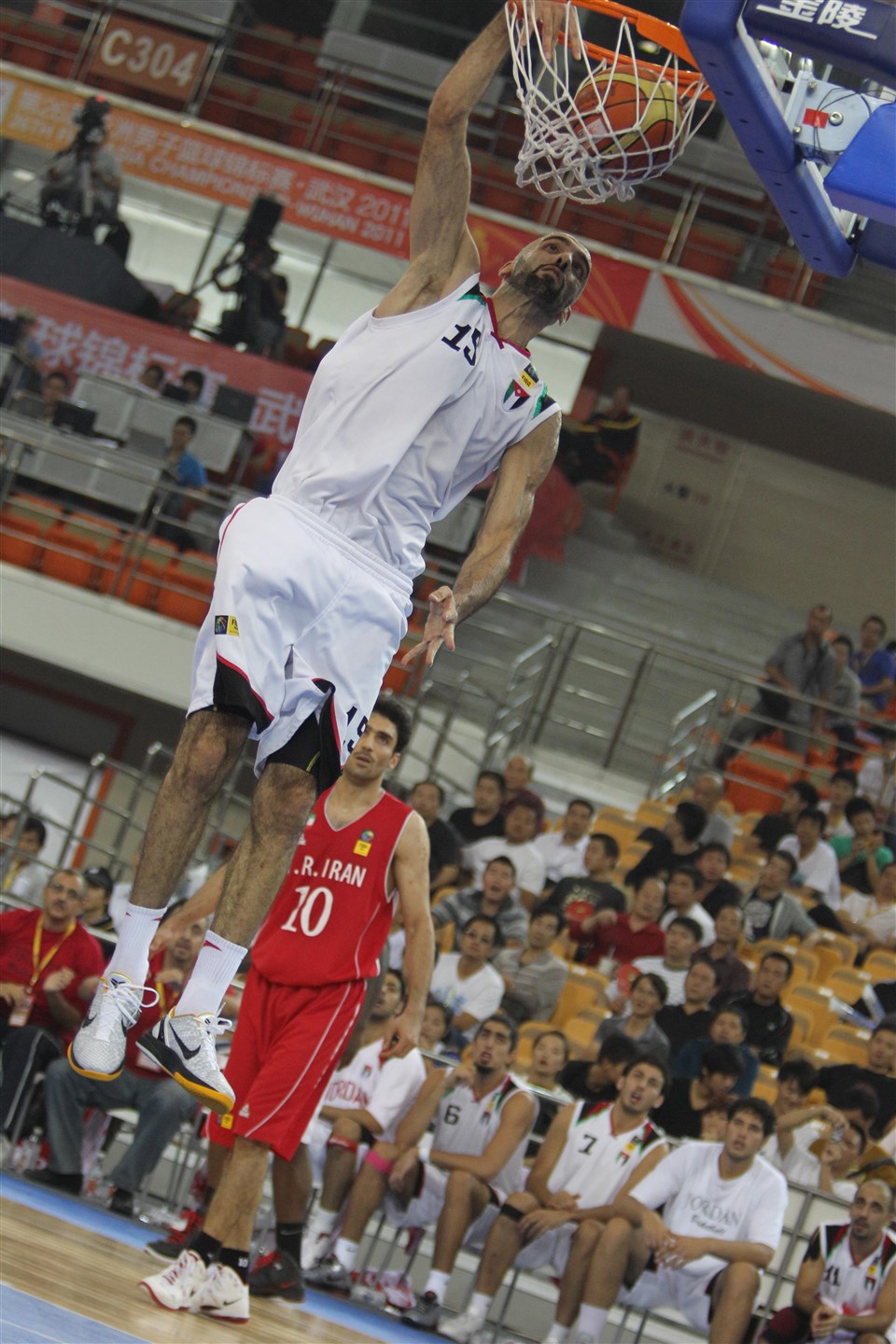
The 35-year-old has been a rock for Jordan with 5 Asia Cups of 42 games and a 10.5 scoring average. Now, he will be called upon once again to represent Jordan at the World Cup.
Gabe Norwood (Philippines)
It’s nearly impossible to imagine the Philippines national team without Gabe Norwood. He’s been a stable of the program for over a decade and current head coach Yeng Guiao has him locked up for the roster at the upcoming World Cup.
Norwood has never been a big-time scorer in the Asia Cup, averaging only 5.8 points per game over 5 tournaments. However, it’s the intangibles and his defense that makes him a player so vital to have on the national team. He played a key part in Asia Cup 2013 to get the Philippines to the World Cup for the first time in 36 years, averaging 6.1 points and 4.0 boards per game that year.
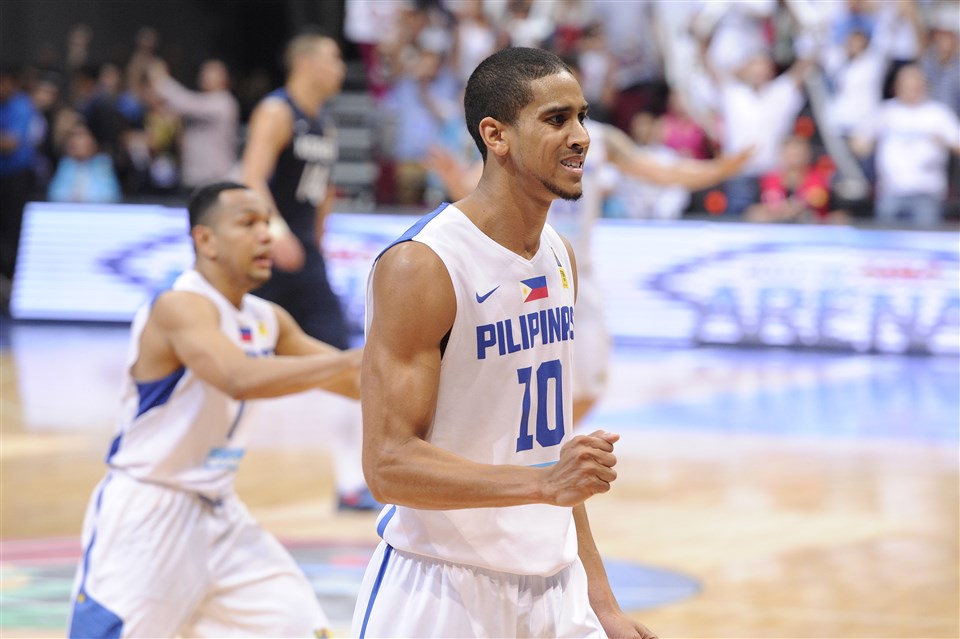
Now that the Philippines have made their way back once again to play at the World Cup, it should be no surprise that their ultimate glue guy is there as well.
Makoto Hiejima (Japan)
The buzz around Japan heading into the World Cup is mostly about Rui Hachimura and Yuta Watanabe (deservedly so), but don’t underestimate another proven scorer on the squad: Makoto Hiejima.
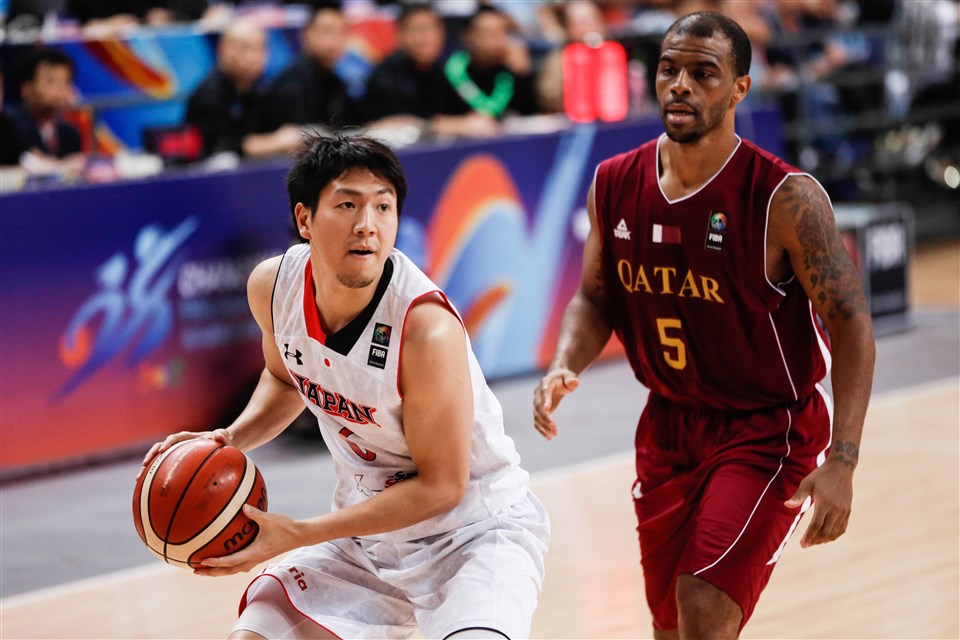
He’s already led Japan in scoring over the previous 2 Asia Cups, highlighted by his 15.9 scoring average as Japan made a 4th place finish. The 29-year-old might not be getting as much hype as his younger teammates, but the 3-time Asia Cup veteran will undoubtedly play a big role as well in Japan’s World Cup run.
Shea Ili (New Zealand)
New Zealand will be fielding 5 players from their Asia Cup debut in 2017 for the World Cup campaign ahead. While it’s a talented list including the likes of Finn Delany and Tohi Smith-Milner, Shea Ili stands out as player for fans to keep their eyes on in China.
The 26-year-old guard was so impressive in his Asia Cup debut that it earned him a spot in the tournament’s All-Star Five. As the leading scorer of the Tall Blacks, Ili averaged 15.4 points per game but was also 4th in assists among all players with 5.8 dimes per contest.
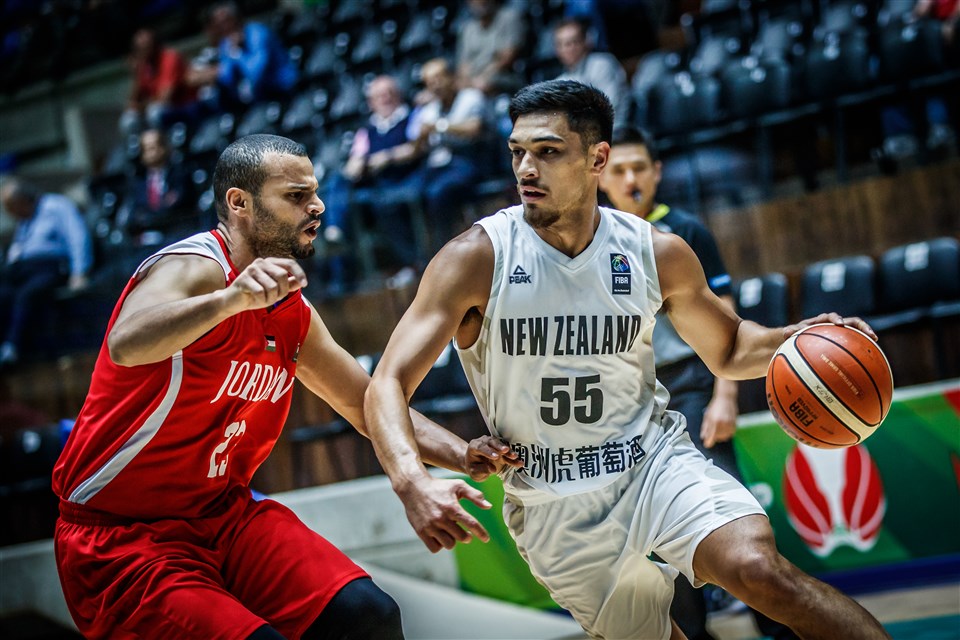
Ili will be making his World Cup debut and New Zealand fans are surely hoping that it will be just as fantastic as his introduction to the Asia Cup.
Kim Jong-Kyu (Korea)
Kim was Korea’s main post presence at the 2014 World Cup, but he’ll be getting plenty of help this time with Ra Guna. Coupled with his Asia Cup experience over the years, Korean fans can expect to see an even better version of Kim this time.
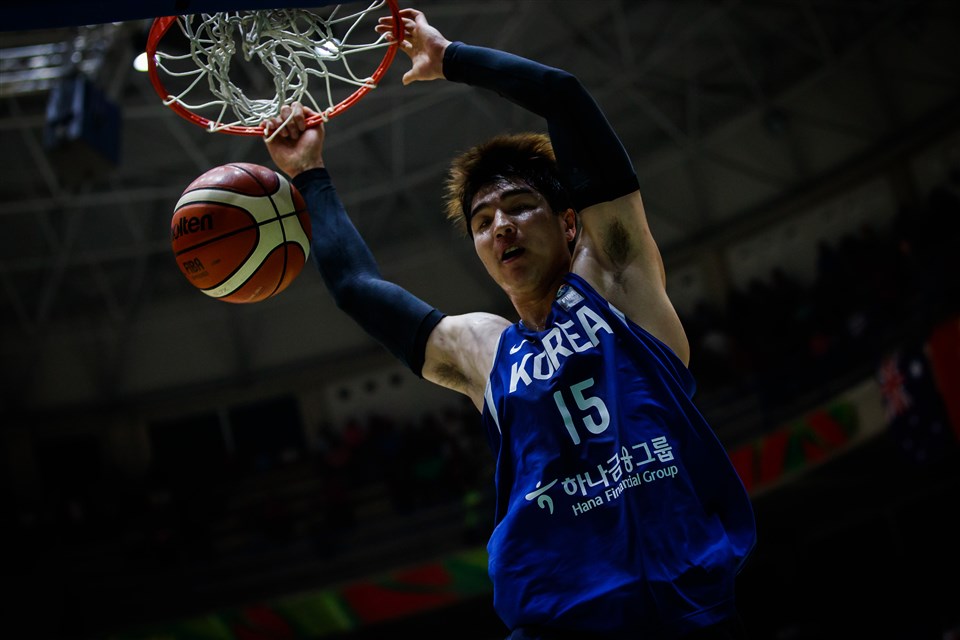
Prior to the 2014 World Cup, Kim played in the 2011 and 2013 Asia Cups as a rising prospect. In those first two appearances, Kim averaged only 4.5 in 18.4 minutes of action per game. After a breakout performance at the World Cup, Kim emerged as the top big man for Korea. At the 2013 and 2015 Asia Cups, he stepped up to almost double his scoring output to 8.6 points per game in roughly the same amount of minutes per game.
FIBA











